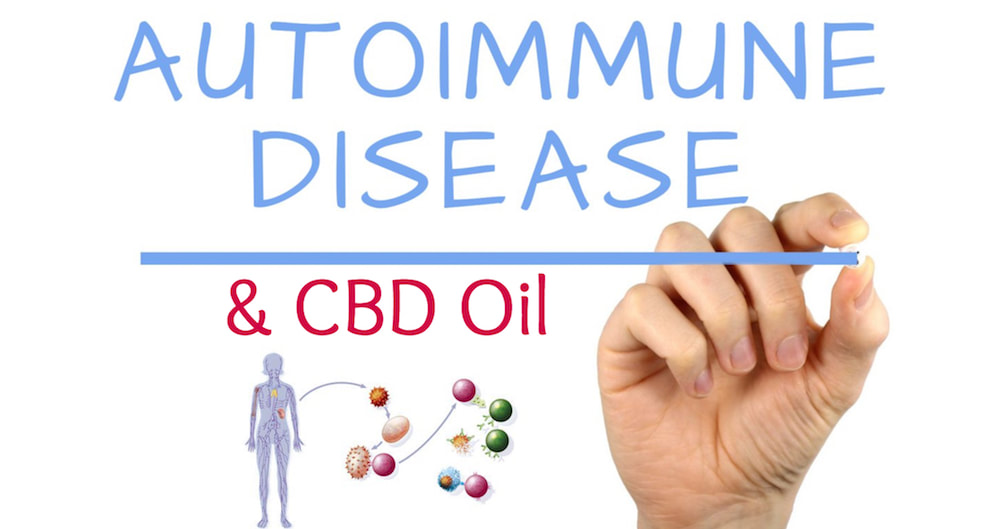What is autoimmune disease?
Immune system disorders cause abnormally low activity or over activity of the immune system. In cases of immune system over activity, the body attacks and damages its own tissues (autoimmune diseases). Immune deficiency diseases decrease the body’s ability to fight invaders, causing vulnerability to infections.
In response to an unknown trigger, the immune system may begin producing antibodies that instead of fighting infections, attack the body’s own tissues. Treatment for autoimmune diseases generally focuses on reducing immune system activity.
What are some types of autoimmune diseases?
There are many various types of autoimmune diseases from mild cases to extreme. Rheumatoid arthritis is one of them. The immune system produces antibodies that attach to the linings of joints. Immune system cells then attack the joints, causing inflammation, swelling, and pain. Also, Systemic lupus erythematosus. People with lupus develop autoimmune antibodies that can attach to tissues throughout the body. The joints, lungs, blood cells, nerves, and kidneys are commonly affected in lupus.
Another common autoimmune disease is Inflammatory bowel disease (IBD). The immune system attacks the lining of the intestines, causing episodes of diarrhea, rectal bleeding, urgent bowel movements, abdominal pain, fever, and weight loss. Ulcerative colitis and Crohn’s disease are the two major forms of IBD. Multiple sclerosis (MS) is also a common autoimmune disease. The immune system attacks nerve cells, causing symptoms that can include pain, blindness, weakness, poor coordination, and muscle spasms.
These conditions are few of many forms of autoimmune diseases. What the health care providers want to do is provide ways to prevent and reverse these diseases. The medicines that are typically used are not usually beneficial for a patient in the future.
Conventional treatment
Currently, prescription medication for autoimmune diseases aim to “turn off” the immune system all together. Immunosuppressive drugs are synthetically created antibodies which attack the autoimmune antibodies. Immunosuppressive drugs can create many potential side effects. These medications may make someone more susceptible to infection and may lead to the development of cancer.
Steroids are a commonly prescribed medication for autoimmunity to lower inflammation and suppress the immune system. They are meant to be taken on the short term. These typically mask the problem rather than fixing the problem.
In general, immunosuppressive therapy is incredibly expensive and not always effective. The aim should be to modulate the immune system and bring it back into balance, not to turn it off completely, which is what your results will be from conventional treatment.
How does CBD help?
Inflammation is the root cause of many illnesses, and autoimmunity is no exception. To treat this, we need to find balance within the body (homeostasis). There has been much research into the anti-inflammatory properties of CBD, and it has been found to be effective with little or no side effects. CBD is an adaptogen, meaning that it is a non-specific remedy that stabilizes physiological processes and promotes balance.
CBD has been found to modulate the immune system instead of suppressing it. Cannabidiol also slows down T-cell production and suppresses immune system memory, meaning that CBD could cut down on the likelihood of future autoimmune attacks. CBD has also been found to increase the expression of genes that deal with oxidative stress, which may reduce cell damage from autoimmune attacks. Oxidative stress has been found to be an underlying cause of inflammation, or at least a major contributing factor.
The role of cannabis terpenes for autoimmunity deserve further investigation as well. The terpene beta-caryophyllene, is known to decrease inflammation through its ability to stimulate the CB2 receptor.
Human based studies show patients with autoimmune disorders have been able to improve their situation by integrating CBD therapy into their lifestyle. Throughout human history, most medicines have been derived from plants. They seem to be safer and better suited to address disease.
How can proper nutrition increase CBD affects?
The problem could be with our level of activity, our diet, and exposure to pollutants. In order to reduce inflammation, it is not enough to take CBD without changing our lifestyle. A holistic approach is called for. So one can change the diet by adding more whole foods and avoid processed foods and those foods that tend to cause inflammation.
Gut health cannot be neglected as it is said that our immunity is in our gut. We must eat foods that help to heal the gut lining and to lower inflammation. These actions will promote a healthy immune response. We must avoid harmful foods such as dairy and gluten-laden carbohydrates. These foods cause food sensitivities and cause leaky gut syndrome which in its own way leads to autoimmune attacks. There are many other options of healthy choices you could have. Include foods high in fiber, total vitamin A, beta-carotene, vitamins K and C, folate, magnesium, and potassium — all of which contribute to a healthy and balanced immune response. These foods include dark green leafy vegetables, mushrooms, onions, and a variety of multiple fresh fruits and vegetables. By increasing these whole foods we can fight off inflammation and these terrible autoimmune diseases!






Leave A Comment
You must be logged in to post a comment.